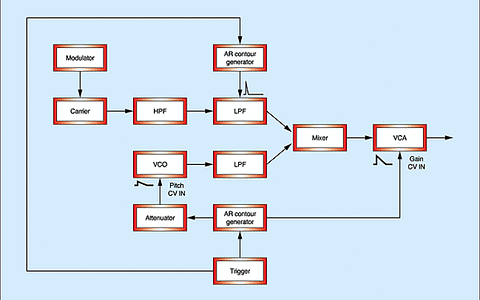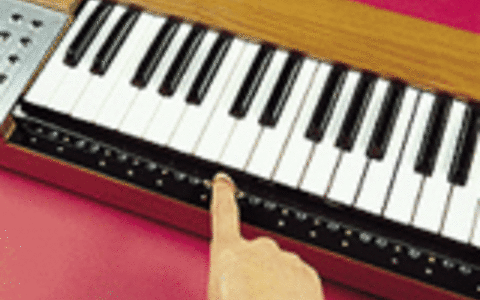
Practical Bass Drum Synthesis
Moving from last month's theoretical bass drum synth patch to its practical application on affordable analogue synths, we also take a look at how the world's most famous drum machines produce this fundamental rhythm sound.









